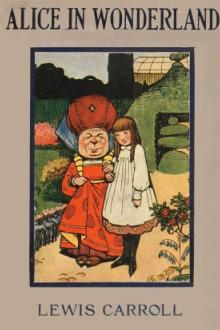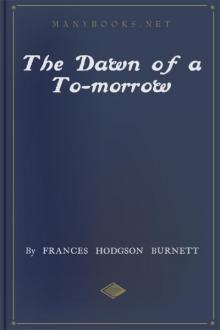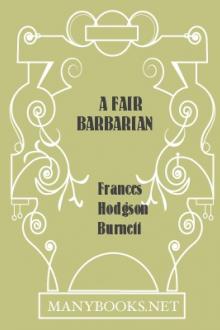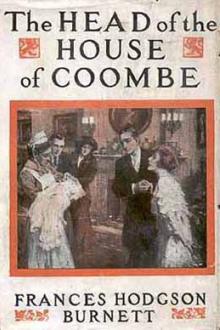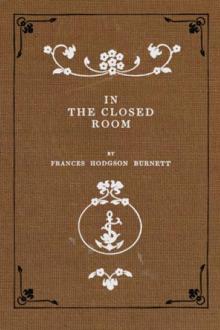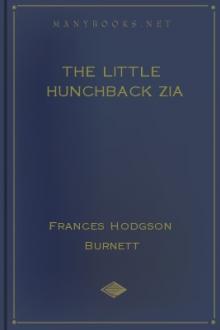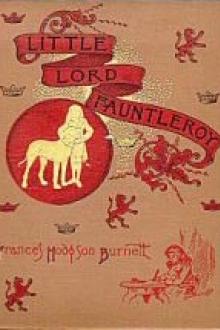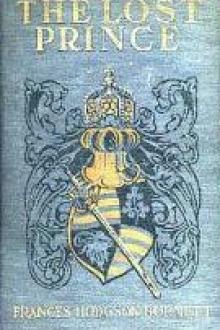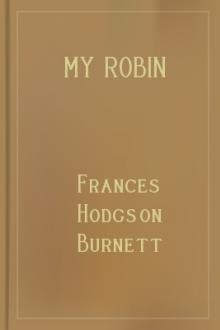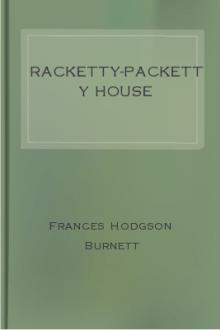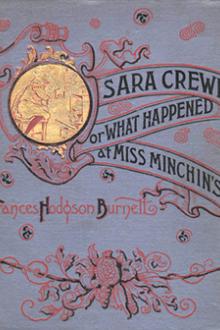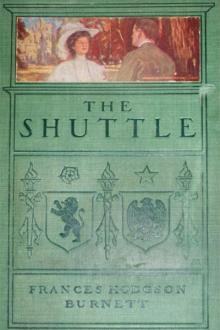The Secret Garden
The Secret Garden
Book Excerpt
te Manor, she looked so stony and stubbornly uninterested
that they did not know what to think about her. They tried to be kind to
her, but she only turned her face away when Mrs. Crawford attempted to
kiss her, and held herself stiffly when Mr. Crawford patted her
shoulder.
"She is such a plain child," Mrs. Crawford said pityingly, afterward. "And her mother was such a pretty creature. She had a very pretty manner, too, and Mary has the most unattractive ways I ever saw in a child. The children call her 'Mistress Mary Quite Contrary,' and though it's naughty of them, one can't help understanding it."
"Perhaps if her mother had carried her pretty face and her pretty manners oftener into the nursery Mary might have learned some pretty ways too. It is very sad, now the poor beautiful thing is gone, to remember that many people never even knew that she had a child at all."
"I believe she scarcely ever looked at her," sighed Mrs. Crawford. "When her Ayah was dead there was no one to give a thought to the
Editor's choice
(view all)Popular books in Young Readers, Fiction and Literature
Readers reviews
5.0
LoginSign up
">This is the story of a girl who is very spoilt by her parents ignoring her and leaving her upbringing to an ayah who did not dare to go against her wishes. After her neglectful parents die in a cholera epidemic, Mary Lennox is sent to Mistlethwaite Manor in England, where she soon learns that the whole world does not revolve around her through her experiences there, especially after meeting her cousin, Colin Craven.
As Martha and Dickon\'s mother, Susan Sowerby says at one point, \"When I was at school my jography told as th\' world was shaped like a orange an\' I found out before I was ten that th\' whole orange doesn\'t belong to nobody. No one owns more than his bit of a quarter an\' there\'s times it seems like there\'s not enow quarters to go round. But don\'t you - none o\' you - think as you own th\' whole orange or you\'ll find out you\'re mistaken, an\' you won\'t find it out without hard knocks. [T]here\'s no sense in grabbin\' at th\' whole orange - peel an\' all. If you do you\'ll likely not get even th\' pips, an\' them\'s too bitter to eat.\"
As Martha and Dickon\'s mother, Susan Sowerby says at one point, \"When I was at school my jography told as th\' world was shaped like a orange an\' I found out before I was ten that th\' whole orange doesn\'t belong to nobody. No one owns more than his bit of a quarter an\' there\'s times it seems like there\'s not enow quarters to go round. But don\'t you - none o\' you - think as you own th\' whole orange or you\'ll find out you\'re mistaken, an\' you won\'t find it out without hard knocks. [T]here\'s no sense in grabbin\' at th\' whole orange - peel an\' all. If you do you\'ll likely not get even th\' pips, an\' them\'s too bitter to eat.\"
- Upvote (1)
- Downvote (0)
The story of a vain girl sent to live with her never seen uncle and the secret behind the garden.This is absolutely one of the books you should read with cofee in hand in a ranny day and then see its affect..........
05/05/2010
This is not a book fit for all, not only for young readers. Some modern children might even find the vocabulary requires explaining.
The story itself can be appreciated by anyone. A little girl, alone in the world, is sent to live with her uncle in a nearly empty house -- but not so empty as it seems at first. For as she comes to see, the house is filled with friends. And they change her.
And that's the real theme, I think: the power of friendship to affect us. Be it Mary with Colin, Colin with his father, Dickon, Ben -- everyone in the story, really -- people are transformed through their relationships with each other.
Burnett's style ought not be passed over lightly. She was brilliant at giving a feeling of being in a place, of understanding an environment. I've never been on a moor, or in a manor, or in an English garden. But she makes me feel like I have. And she does it without the "writer's workshop" feeling of so much modern evocative writing.
It's a cynical time to be alive right now. But if you're in the mood for something less cynical -- maybe even something idealistic -- maybe something with robins and jumping rope in it -- you might well enjoy this book. I do.
The story itself can be appreciated by anyone. A little girl, alone in the world, is sent to live with her uncle in a nearly empty house -- but not so empty as it seems at first. For as she comes to see, the house is filled with friends. And they change her.
And that's the real theme, I think: the power of friendship to affect us. Be it Mary with Colin, Colin with his father, Dickon, Ben -- everyone in the story, really -- people are transformed through their relationships with each other.
Burnett's style ought not be passed over lightly. She was brilliant at giving a feeling of being in a place, of understanding an environment. I've never been on a moor, or in a manor, or in an English garden. But she makes me feel like I have. And she does it without the "writer's workshop" feeling of so much modern evocative writing.
It's a cynical time to be alive right now. But if you're in the mood for something less cynical -- maybe even something idealistic -- maybe something with robins and jumping rope in it -- you might well enjoy this book. I do.
04/09/2007
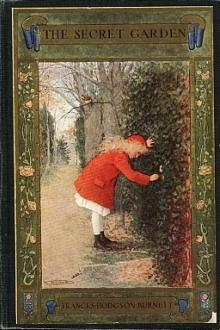
 Free Download
Free Download

















